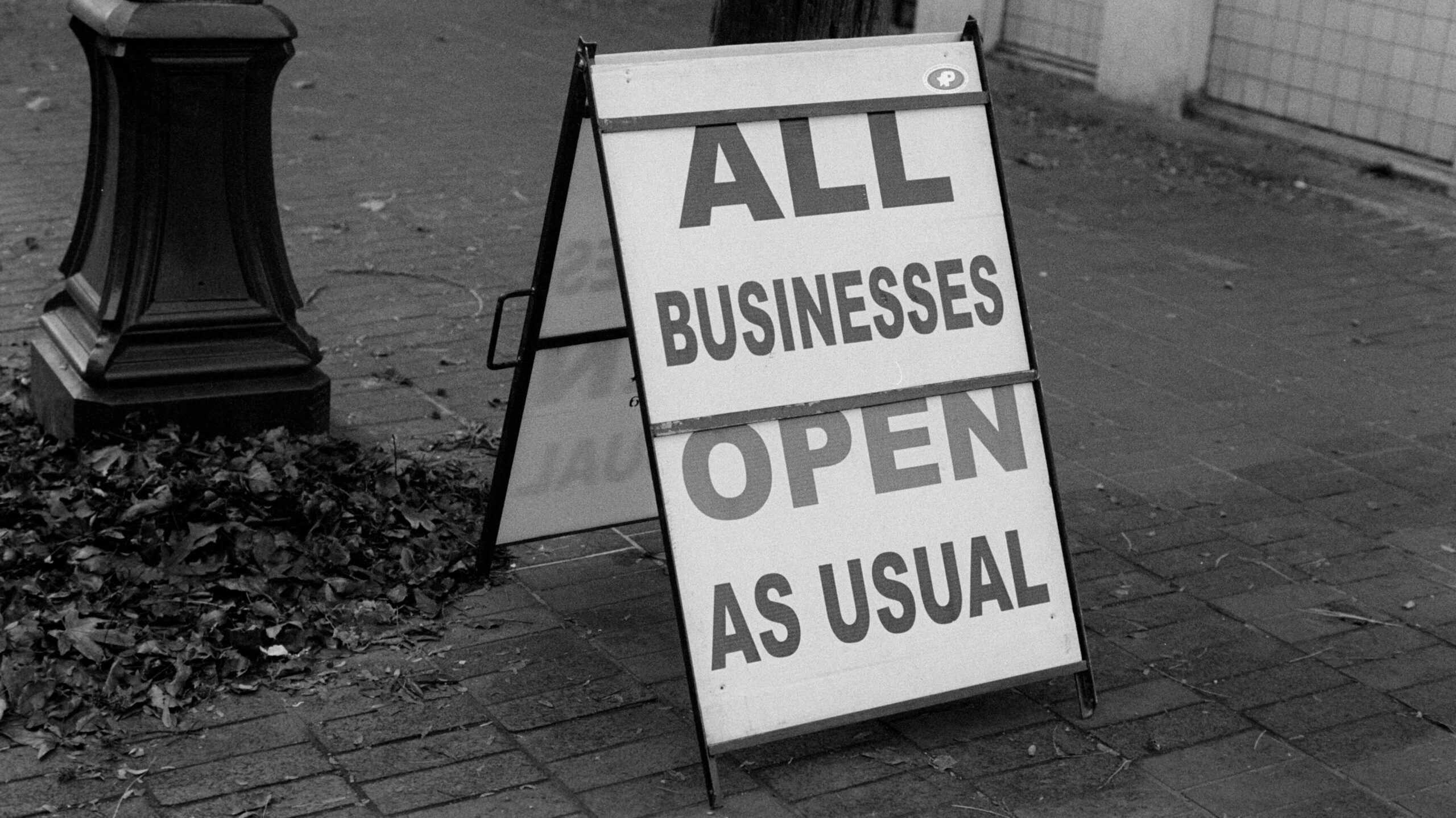
Running a business facing financial difficulties can be overwhelming, and many directors find themselves questioning whether they can continue trading whilst insolvent. The short answer is that while it may sometimes be possible, strict legal guidelines must be followed to avoid serious consequences, including personal liability and legal action. At Aurora Recovery, we help business owners understand their options and make informed decisions to protect their company and themselves.
What Does It Mean to Be Insolvent?
A company is considered insolvent if it cannot meet its financial obligations when they fall due or if its liabilities exceed its assets. There are two primary tests to determine insolvency:
✔ The Cash Flow Test – If the company is unable to pay its bills on time.
✔ The Balance Sheet Test – If the company’s liabilities (debts) are greater than its assets.
If a business meets either of these criteria, it is legally insolvent and must proceed with caution.
Is It Legal to Continue Trading Whilst Insolvent?
Under UK law, directors have a duty to act in the best interests of creditors once a company becomes insolvent. While continuing to trade may be possible in some cases, directors must be extremely careful to avoid wrongful or fraudulent trading.
Wrongful Trading
If directors knowingly continue to trade while insolvent and fail to take steps to minimise losses to creditors, they could be held personally liable for company debts under the Insolvency Act 1986.
Fraudulent Trading
If a company continues trading with no reasonable prospect of recovery and with the intent to deceive creditors, directors could face criminal charges, fines, and disqualification from serving as a company director.
When Can a Business Continue Trading?
In some circumstances, an insolvent company may be able to continue trading legally, but only if:
✔ A Viable Rescue Plan is in Place – If there is a realistic prospect of turning the business around through restructuring, cost-cutting, or additional funding.
✔ Professional Advice Has Been Sought – Directors should seek guidance from insolvency professionals, such as Aurora Recovery, to ensure compliance with legal obligations.
✔ A Formal Insolvency Procedure is Considered – Options such as Company Voluntary Arrangements (CVAs) or administration may allow a company to continue trading while repaying debts in an orderly manner.
Alternatives to Trading While Insolvent
If a company cannot reasonably recover, directors should consider formal insolvency solutions such as:
✔ Creditors’ Voluntary Liquidation (CVL) – A voluntary process where the company ceases trading, and assets are sold to repay creditors.
✔ Pre-Pack Administration – A process that allows for the sale of the business or its assets to a new entity before formal administration is announced.
✔ Company Voluntary Arrangement (CVA) – A legally binding agreement with creditors to repay debts over a fixed period while continuing to trade.
How Aurora Recovery Can Help
Understanding whether to continue trading while insolvent requires expert guidance. At Aurora Recovery, we provide:
✔ Confidential Insolvency Assessments – Evaluating your business’s financial position and legal obligations.
✔ Professional Advice on Next Steps – Helping directors understand their options to avoid legal and financial risks.
✔ Support with Insolvency Procedures – Assisting with CVAs, administrations, and liquidations where necessary.
Need Expert Advice? Contact Us Today
If your business is struggling and you’re unsure whether you can continue trading, don’t wait until it’s too late. Speak to Aurora Recovery today for professional advice and support.
📞 Call us: 01134 800 397
📧 Email us: hello@aurorarecovery.co.uk
🌐 Visit our website: https://aurorarecovery.co.uk
Contact us now to see how we can help you: https://aurorarecovery.co.uk/contact/
Read more about the rules around trading whilst insolvent on the government’s website here: https://www.gov.uk/government/publications/options-when-a-company-is-insolvent/options-when-a-company-is-insolvent


